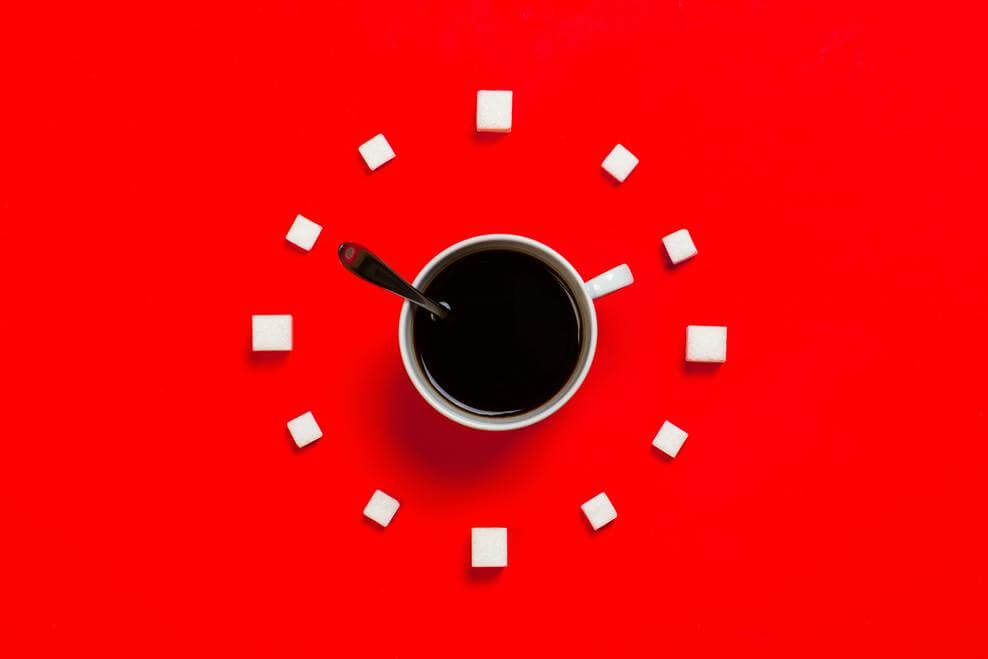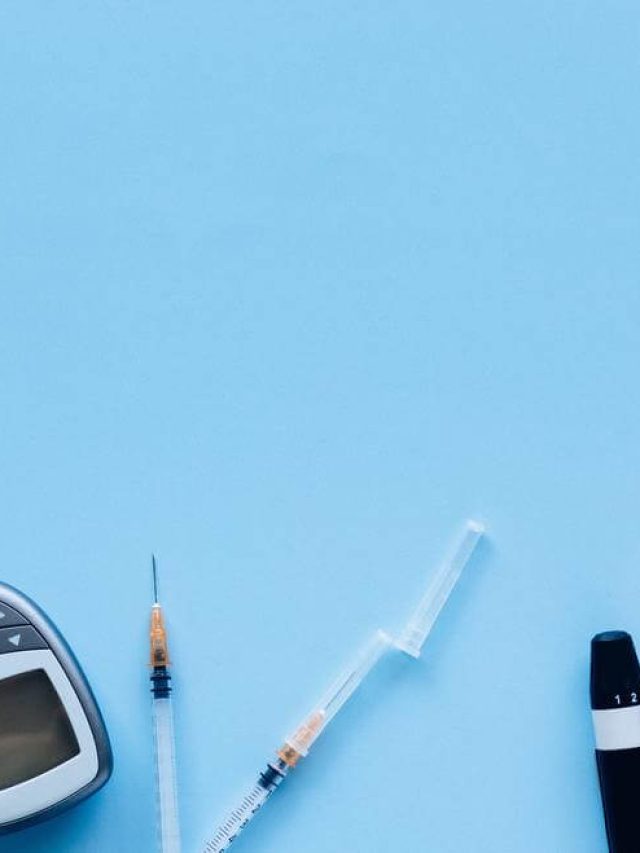Decaffeinated coffee aka decaf is the best coffee for people suffering from diabetes since excessive amounts of caffeine can also affect blood sugar levels. Additionally, drinking your coffee with healthier sweeteners and dairy is proven to be better for those with diabetes.
According to statistics, around 7.2 million people in the United States alone have diabetes. And the irony is that they don’t even know it!
A bigger chunk of the population are prediabetics and are also unaware of their condition.
A population of diabetics and prediabetics poses a really serious health concern.
It’s high time people adopt a lifestyle that can help prevent this life-threatening disease. We can start with coffee consumption and the rest will follow.
Many researchers have found a link between the reduced risk of diabetes and drinking coffee. According to this study, the three main active compounds of coffee that affect the toxic accumulation of the protein are:
- Caffeine
- Chlorogenic acid or CGA
- Caffeic acid or CA
This is definitely good news for coffeeholics who want to protect themselves from high blood sugar or diabetes.
However, the question here is which type of diabetes are you suffering from:
Is it type 1 diabetes which is genetic and hereditary wherein the immune system attacks and destroys the pancreas or is it type 2 diabetes where your body is having trouble regulating and using sugar?
If you have type 2 diabetes, coffee can help you.
Keep reading the article to know more about how coffee consumption can affect the blood sugar levels of your body and how much coffee can drink if you have diabetes.
Which coffee is best for diabetics?

Whether it’s caffeinated or decaffeinated, coffee has been proven to reduce your risk of developing diabetes. I have a full article on this if you want a more in-depth read.
But if you’re already suffering from diabetes, consuming decaffeinated coffee would be the best option for you.
This is because it contains all the other beneficial coffee compounds like antioxidants without the related risks of consuming excessive amounts of caffeine.
These coffee compounds: chlorogenic acid, caffeine, and caffeic acid halt the formation of hIAPP amyloid and protect the pancreas from toxic components.
Among these compounds, caffeic acid works most to protect the pancreatic cells while caffeine contributes the least.
The real hero then when it comes to lowering your chances of being a diabetic is caffeic acid but caffeine also helps of course. Though it’s caffeine that’s getting the most recognition out there.
All in all, these important compounds safeguard our pancreas from the destructive elements brought in by our lifestyle like what we excessively eat and drink.
A study in the US Diabetes Prevention Program concluded that you can reduce your diabetes risk by almost 60% by adopting two healthy lifestyle habits:
- Do light exercise daily or for 150 minutes a week
- Follow a low-calorie and low fat diet plan
How does coffee affect blood sugar?
Caffeine is observed to increase blood sugar and insulin levels for people who have type 2 diabetes. But if you’re an adult in really good shape, caffeine doesn’t seem to have this effect.
Several research and trials were conducted to explore the link between increased blood sugar levels and coffee.
Studies show that caffeine can lessen the body’s tolerance to glucose and lower insulin sensitivity.
One research concluded that caffeine in coffee does increase blood sugar levels in the body.
However, the study suggests that patients with diabetes need more clinical trials to confirm the link between glycemic control and caffeine consumption.
On the other hand, a study conducted at the Harvard School of Public Health on the relationship between coffee and type 2 diabetes concluded that the more coffee intake, the higher the protection against diabetes.
No wonder there are conflicting views on what coffee does to the body’s sugar levels.
It’s better to discuss things with your doctor if you’re having low or high blood sugar levels as they’re the best persons to ask for help.
Just in case you’re interested to know more about how coffee affects our blood sugar, you can check out my post here.
Take a look at this video to know more:
How many cups of coffee can reduce diabetes?

According to research, consuming 3 to 4 cups of coffee per day could reduce a person’s risk of developing type 2 diabetes.
For healthy adults, the Food and Drug Administration (FDA) has set a limit of consuming no more than 400 milligrams of caffeine in a day— or 4 to 5 cups of coffee — as this amount usually has no negative effect.
However, because there are conflicting research results about coffee consumption and diabetics, it’s better to consult a healthcare provider about how much coffee is safe for a particular patient.
Some people tend to be more sensitive to the effects of caffeine than others. This works both for people with or without diabetes.
Coffee while beneficial should still be taken in moderation as there are way more disadvantages when you consume it excessively.
Both studies from the Annals of Internal Medicine and Diabetes Care concluded that people who drink at least 6 cups of coffee per day have the lowest risk of developing diabetes.
The Harvard School of Public Health also found that the risk of multiple chronic diseases could be reduced by having 3 to 5 cups of coffee a day.
The adverse effects of caffeine shouldn’t be forgotten too. Though it can enhance your focus and keep you alert for long, consuming too much caffeine can lead to:
- Anxiety
- Jitters
- Insomnia or trouble sleeping
- Increased heart rate
The Mayo Clinic suggests restricting coffee intake to a maximum of 4 cups a day.
It’s also best to avoid caffeine within 6 hours before your bedtime to give caffeine time to wear off.
The following table summarizes the amount of coffee and the percentages by which it can reduce the risk of diabetes.
| Regular and decaf coffee | Reduced risk of diabetes |
| 1 cup/day | 8% |
| 2 cup/day | 15% |
| 3 cup/day | 21% |
| 4 cup/day | 25% |
| 5 cup/day | 29% |
| 6 cup/day | 33% |
To sum it all up

As it turns out, coffee does prevent the risk of diabetes particularly type 2 diabetes. And decaf is the best option for people suffering from it as it carries the health benefits of coffee without the potential risks of caffeine.
It’s also worth noting that adding dairy or sugar to coffee tends to raise blood sugar levels.
When you add syrups, sweeteners, creamers, or non-caloric artificial sweeteners to your drink, these can negate the beneficial effects of drinking coffee due to their sugar content and carbohydrates.
If you’re a diabetic, it’s best to consult your doctor if you’re allowed to drink coffee in the first place and how many cups you can consume as he or she needs to take into account a lot of factors first.
Don’t just depend on coffee to help you out. It’s a lifestyle change
Other healthy activities you can adopt are moving more like walking even just for 30 minutes daily, choosing what you eat and that means eating healthy and reducing your weight.


